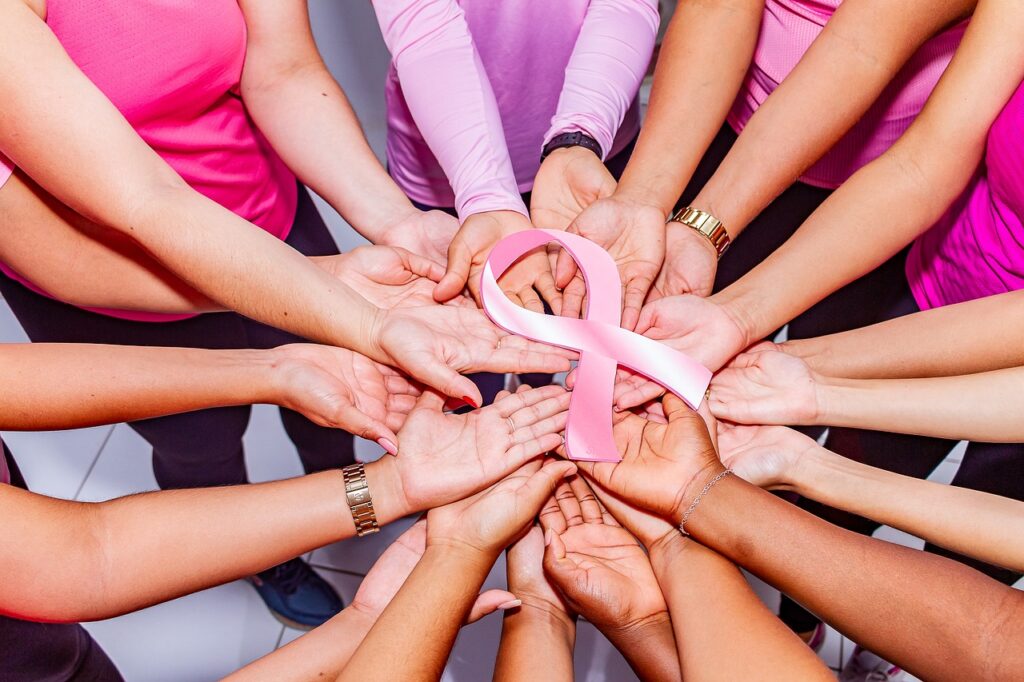
Table of Contents
Introduction:
Breast cancer is a prevalent disease caused by the abnormal growth of breast cells, leading to tumor formation. While it primarily affects females post-puberty, a small percentage of males also experience breast cancer. Projects like the Moonshot Project and Pink Eraser Project are dedicated to cancer research workforce development and vaccine creation for breast cancer.
Vaccine for Breast Cancer:
Vaccines are designed to train the immune system to combat harmful viruses and cells that can cause diseases. Cancer vaccines, including therapeutic vaccines, aim to prevent certain cancers and treat existing ones through immunotherapy. Immuno-oncology breakthroughs have paved the way for the development of effective cancer vaccines, showing promising results in clinical trials.
Breast Cancer Screening Guidelines:
Early detection is crucial in improving breast cancer survival rates. The United States Preventive Services Task Force recommends regular mammograms for women aged 50 to 70, while those between 40 to 49 should consult their healthcare provider for personalized screening recommendations.
Pink Eraser Project:
The Pink Eraser Project, led by breast cancer survivor Kristen Dahlgren and top cancer experts, focuses on creating a vaccine for breast cancer, emphasizing the importance of preventive measures.
Breast Cancer Moonshot Project:
The Moonshot Project aims to prevent millions of cancer-related deaths by 2024 and enhance the overall cancer patient experience by leveraging innovative technologies and treatments.
Challenges:
Despite significant advancements in breast cancer prevention, screening, and treatment, cost, and ethical concerns remain barriers to accessing personalized cancer care. Educating patients and obtaining informed consent are essential but challenging aspects of implementing new treatments.
Preventive Measures:
Research suggests that adopting a healthy lifestyle can reduce the risk of breast cancer. Strategies like limiting alcohol intake, staying physically active, maintaining a healthy weight, avoiding certain medications, breastfeeding, and refraining from smoking can aid in lowering the risk of developing breast cancer.
can men have breast cancer?
The percentage is small, males also experience breast cancer.
Is breast cancer curable?
yes, the early detection and access to advanced treatments have contributed to the increased survival rates among breast cancer patients.
Conclusion:
Breast cancer, though predominantly affecting females, can also impact males. Early detection and access to advanced treatments have contributed to the increased survival rates among breast cancer patients. Continued research and development of vaccines and innovative therapies offer hope in the fight against breast cancer.